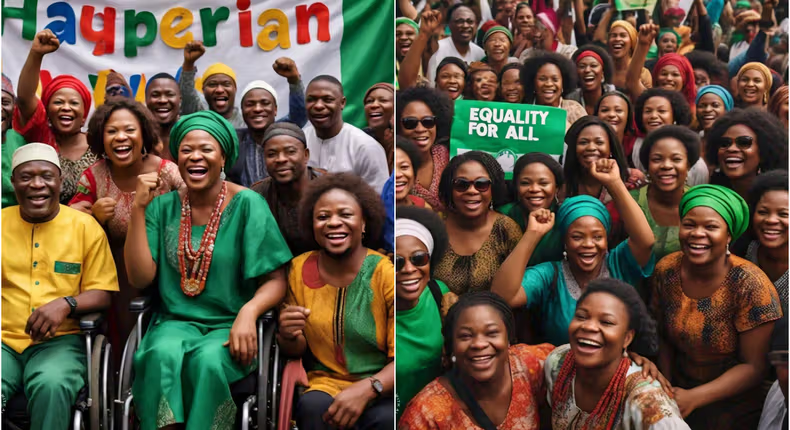A variety of opinions surfaced among Nigerians in Abuja regarding the gains made during the 25 years of uninterrupted democracy in the country, as reported by the News Agency of Nigeria (NAN).
Benjamin Otu from Mararaba, Nasarawa State, emphasized the positive impact of democracy on Nigeria and its economy, noting that it has become increasingly ingrained in national life, leading to enhanced rights and privileges.
Rotimi Adeyemi, a civil servant, highlighted the significance of democracy in fostering freedom of expression and association, freedoms he noted were absent during military rule. He stressed that Nigerians now actively participate in governance through periodic elections and legislative processes.
James Edoh, a businessman, contrasted democracy favorably with past military regimes, citing increased accountability and the ability for Nigerians to choose their leaders. He asserted that democratic governance, despite its imperfections, offers greater benefits than military rule.
Caleb Ezea, a trader, praised democracy for enabling participatory governance, asserting that it empowers ordinary citizens by ensuring their voices are heard in decision-making processes.
Conversely, Ezekiel Ogbu, a civil servant, expressed concerns about the cost and efficiency of Nigeria’s democracy, suggesting a need for transparency improvements and potentially exploring alternative forms of government.
Solomon Oladapo of Suleja urged the government to focus on developmental progress and tighten measures against corruption, aiming to safeguard national resources from exploitation.
In conclusion, Irene Nsiodo of Garki emphasized the stability and hope that democracy has brought to Nigeria, particularly through fostering freedom of expression and exposing corrupt practices.
These varied perspectives illustrate the complex evaluation of Nigeria’s democratic journey, highlighting both achievements and challenges faced over the past 25 years.
